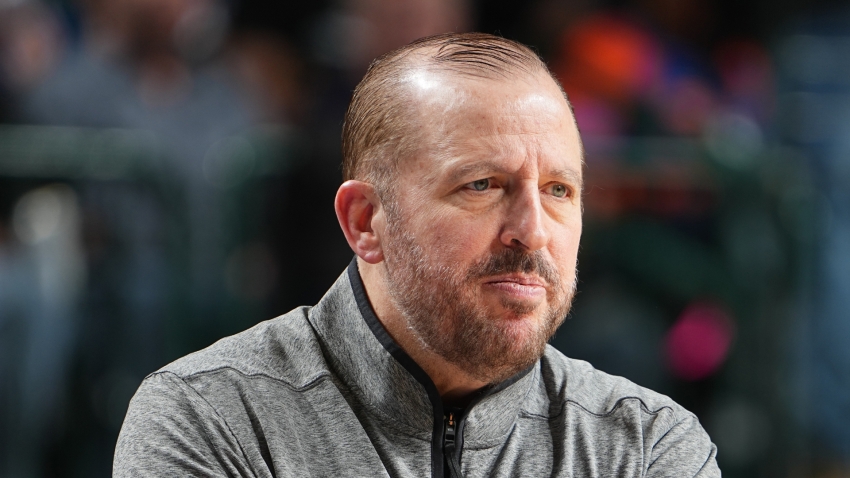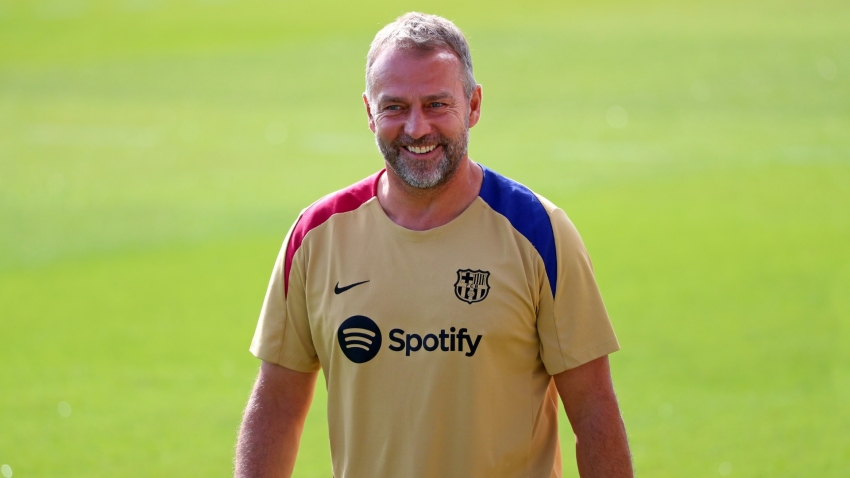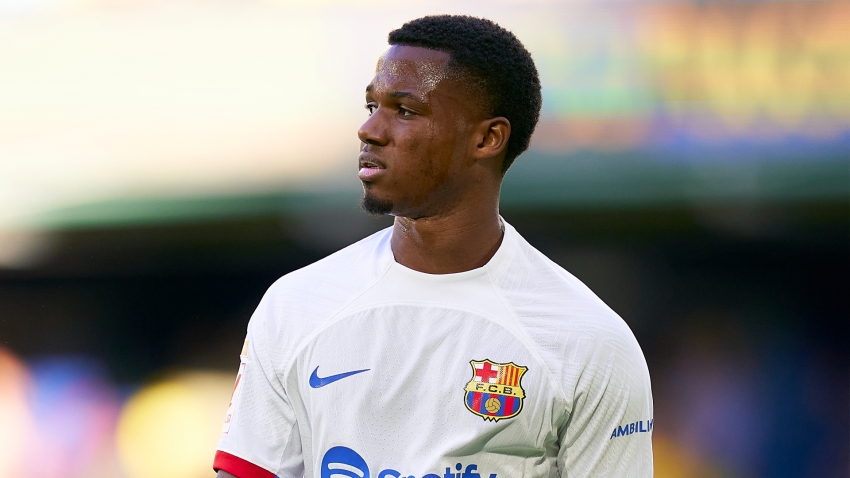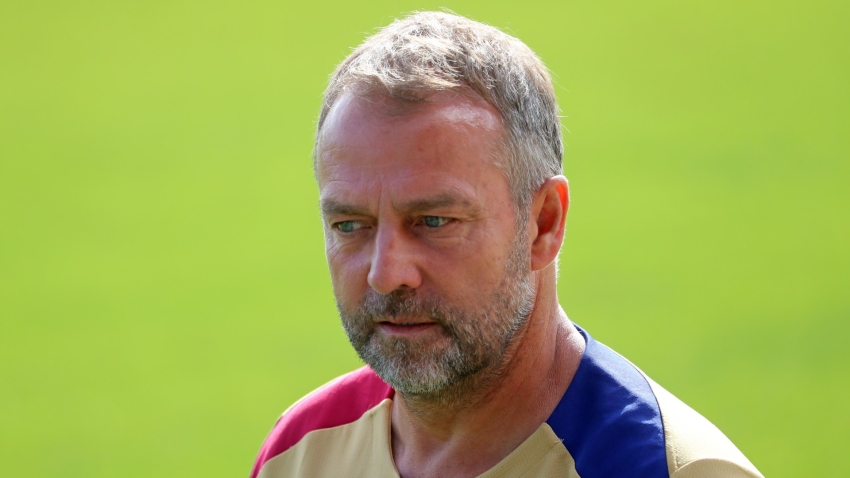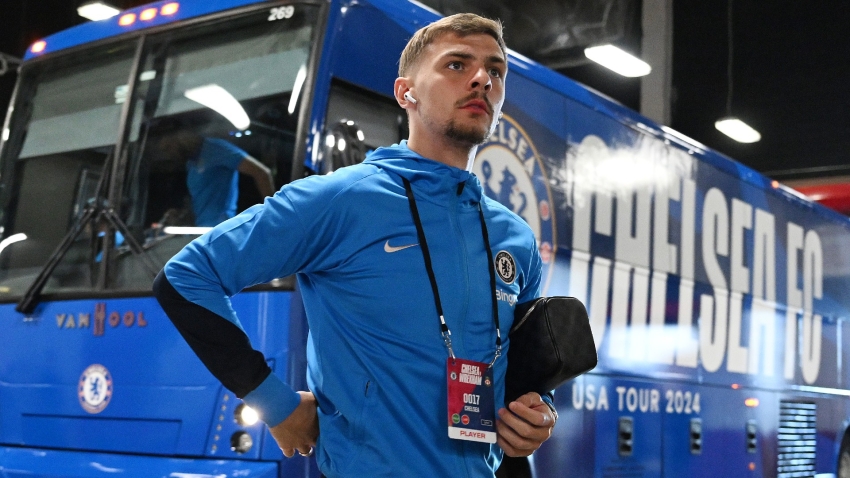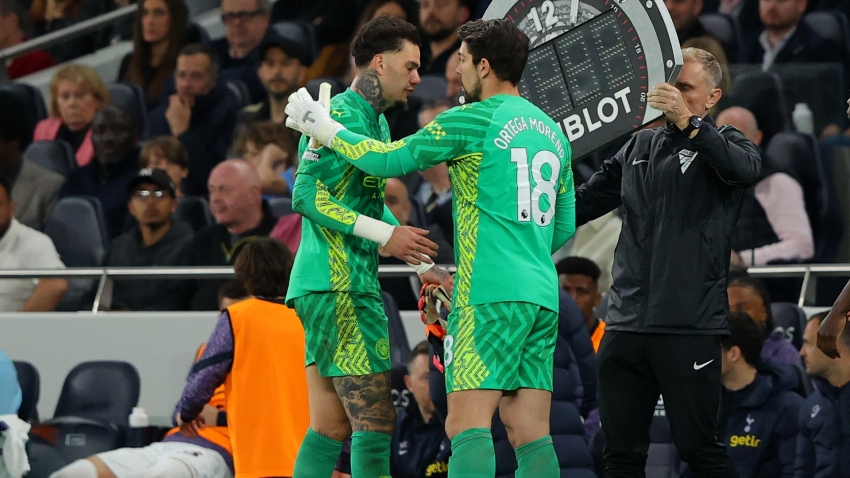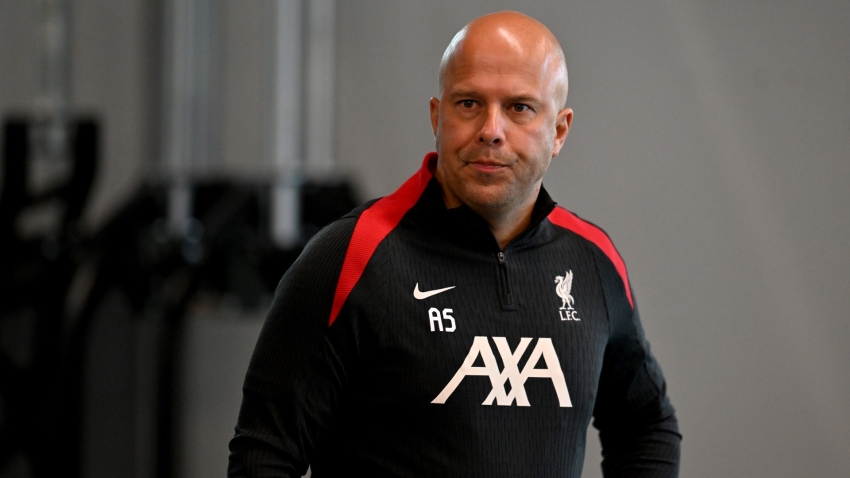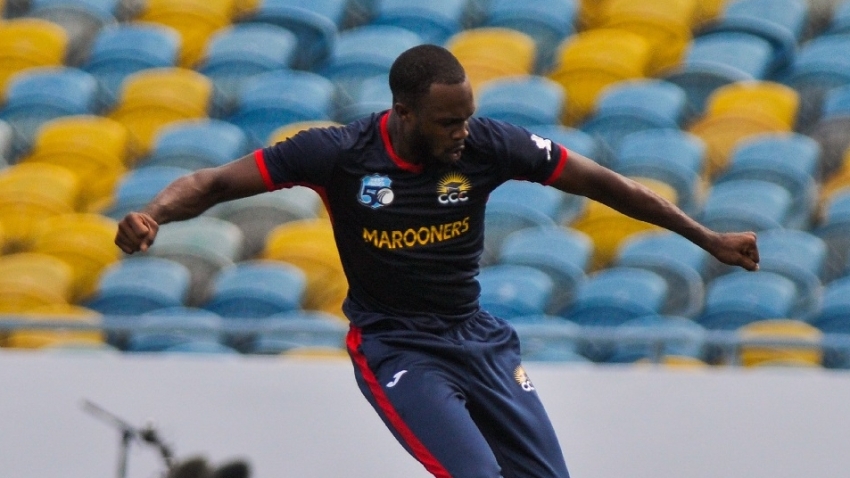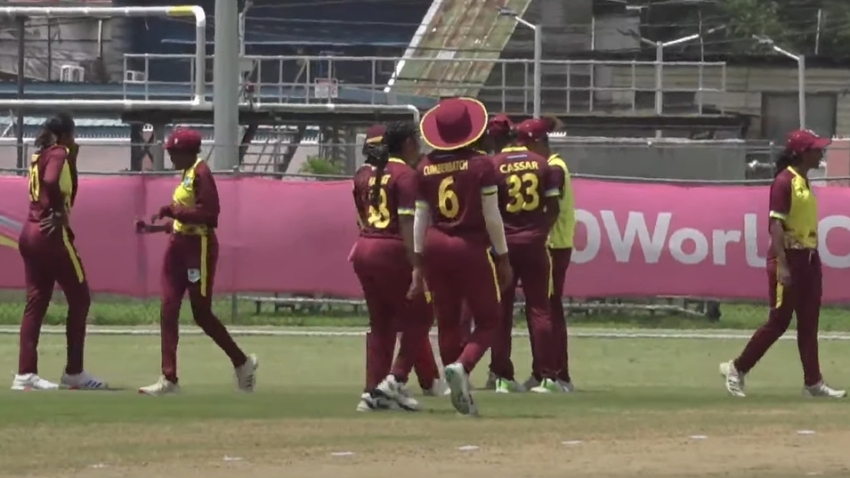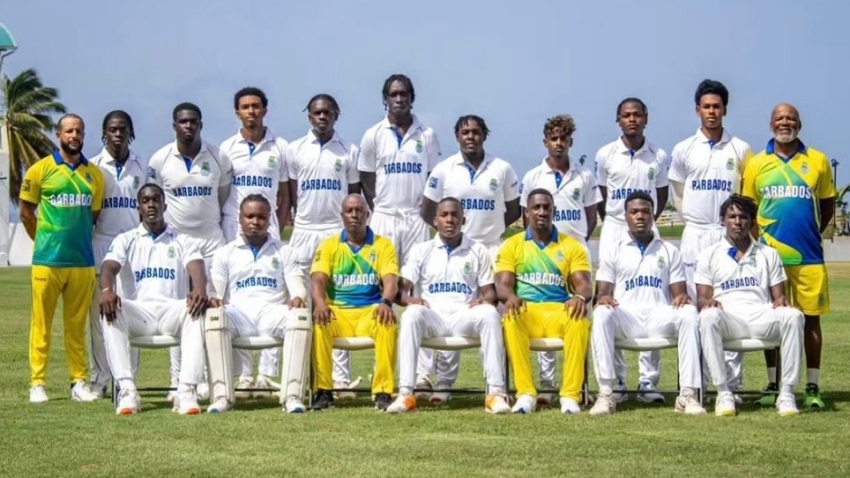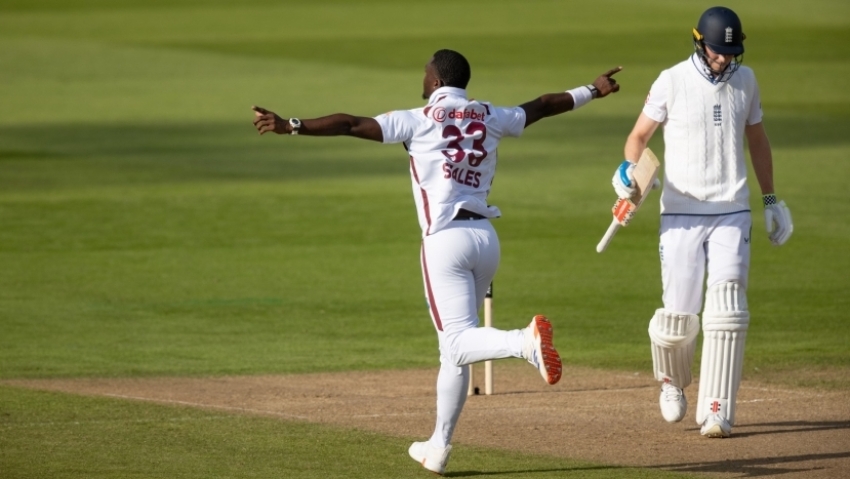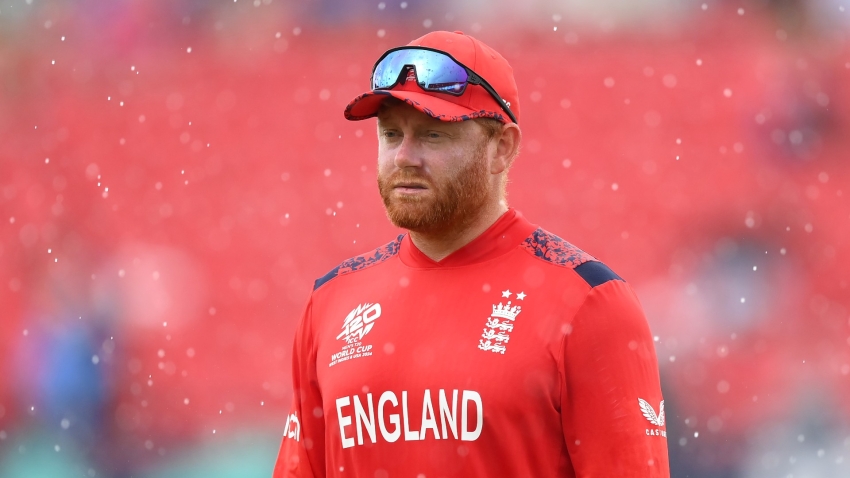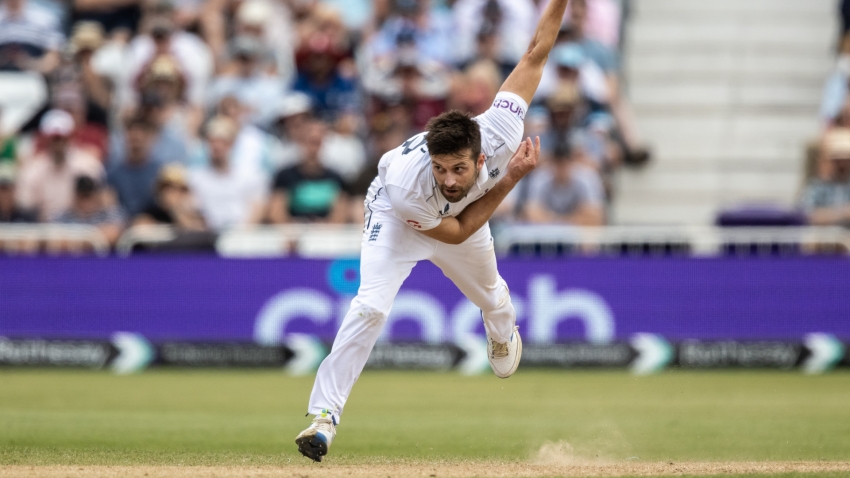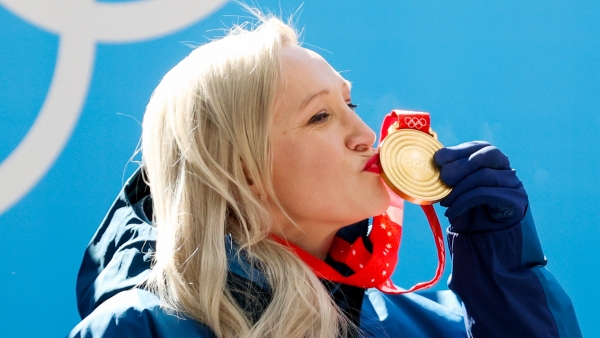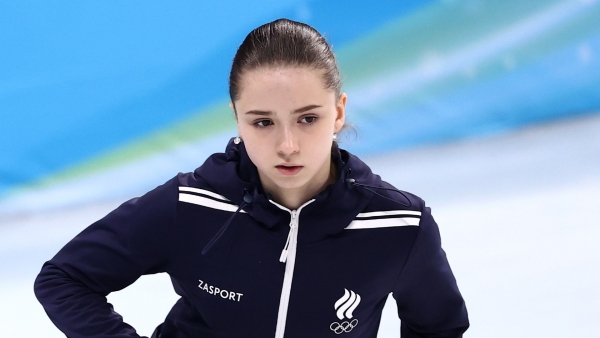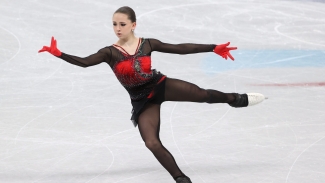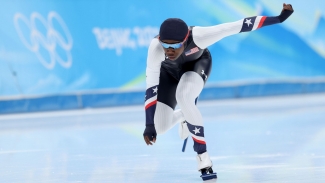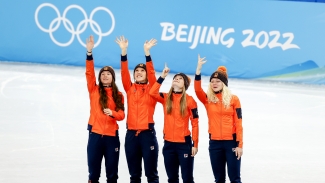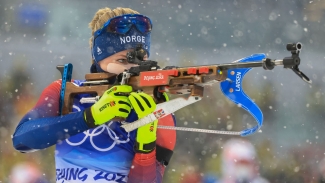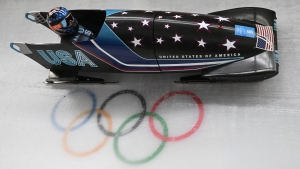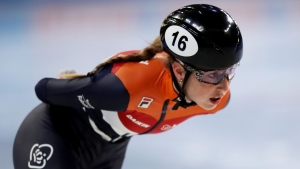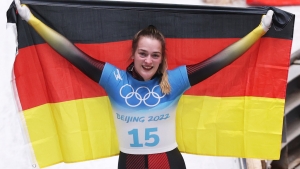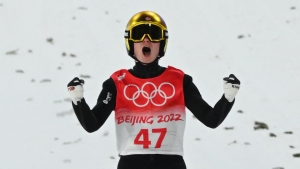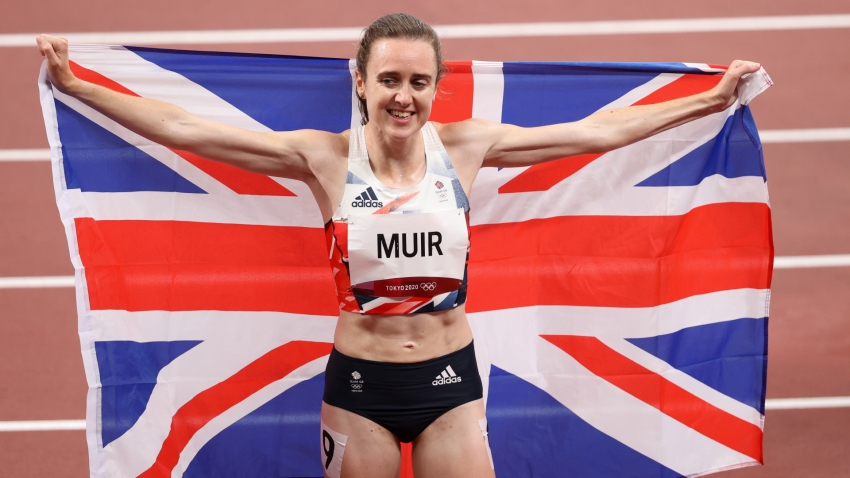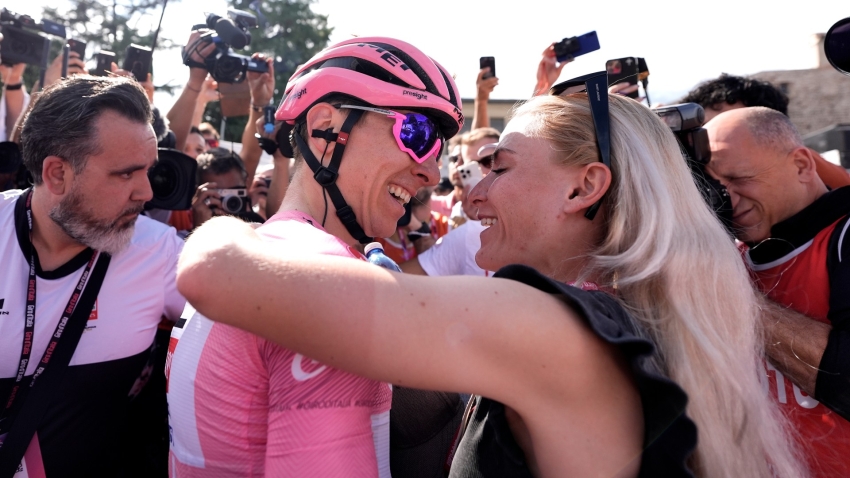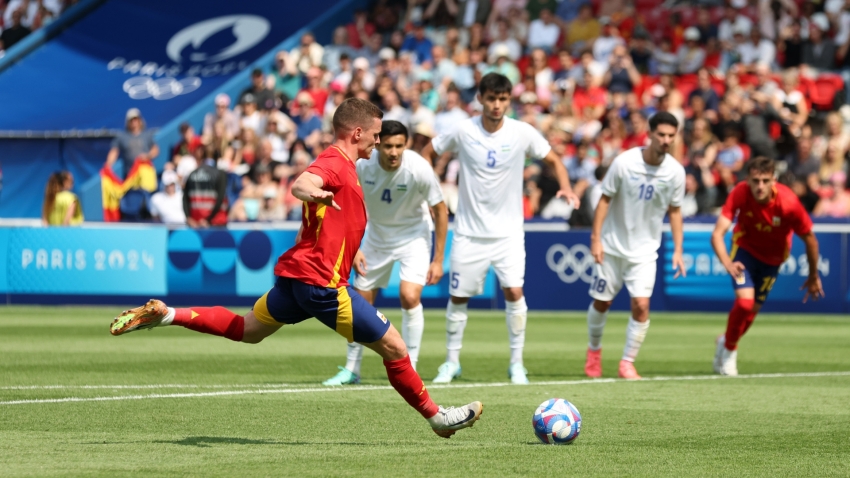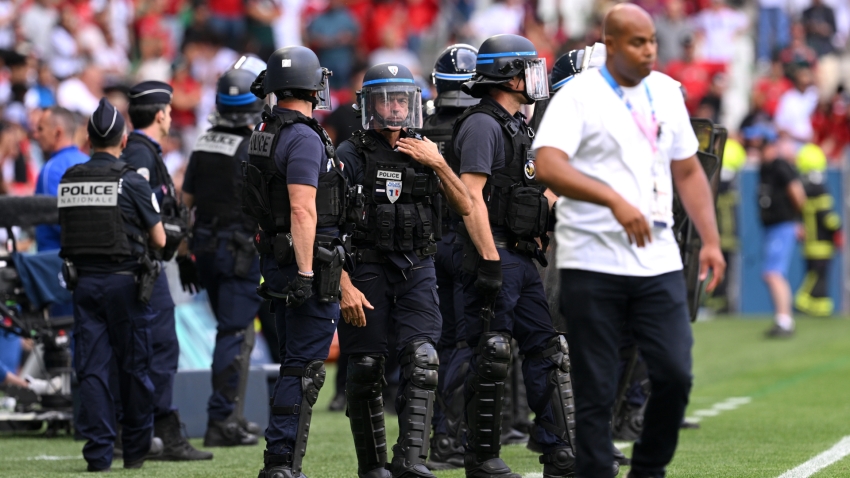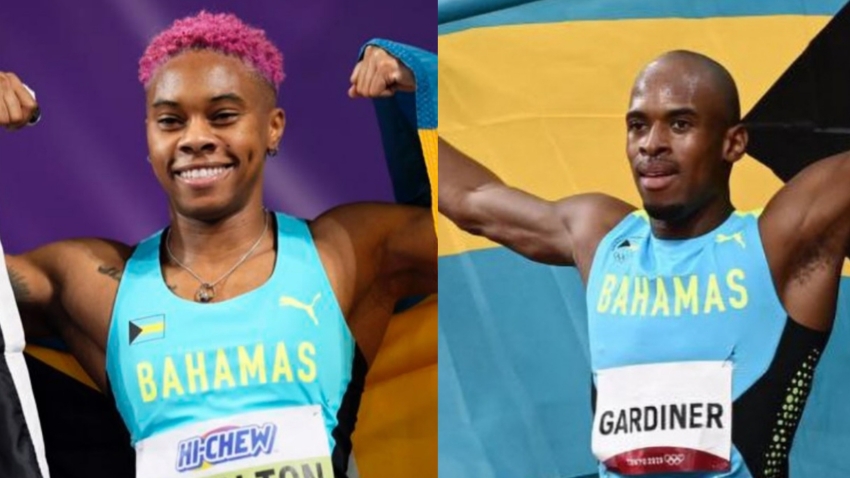The Netherlands' short track speed skating team took strength from fond memories of Lara van Ruijven as they secured gold in the women's 3,000m relay on Sunday in Beijing.
The death of Van Ruijven from the sudden onset of an autoimmune illness in July 2020 naturally hit the Dutch team hard. She was already a world champion in the 500m and would likely have competed in Beijing.
While they hold the world record and are ranked number one, it was far from a certainty they would seal the win against strong competition from South Korea and China, who finished second and third respectively.
The Dutch team, anchored by 1,000m champion Suzanne Schulting, set an Olympic record with a time of four minutes, 3.409 seconds, and were understandably emotional on the podium as they received their gold medals.
Yara van Kerkhof said after the race: "Lara is still in our team and she is always in our minds and in our hearts. She was a big reason we had so much fun in this sport, and she is a big reason why we are here.
"I asked Lara to give us strength. I don't know if it helps, but it feels like she is with us, and it feels like it helps. So we take her with us on the ice. We knew we were so good this season."
Schulting added: "It was really important to become Olympic champions, and I am so proud of the girls. Today, Lara proudly looked down on us.
"She has a special place in our hearts. This was her dream, too."
The other short track medals of the day were in the men's 500m, with Liu Shaoang of Hungary taking gold ahead of Konstantin Ivliev of the Russian Olympic Committee in second and Canada's Steven Dubois in third.
In the speed skating, the women's 500m gold went to Erin Jackson of the United States, while the silver was taken by Japan's Miho Takagi and the bronze went to Angelina Golikova of the Russian Olympic Committee.
Odermatt comes through on the slopes
Big things were expected of Swiss star Marco Odermatt coming into these Games, but that did not take away from a sensational win in difficult conditions in the men's giant slalom.
As the snow fell, so did many of the participants, but Odermatt was able to seal gold ahead of Slovenia's Zan Kranjec and France's Mathieu Faivre.
Having not won any medals in the 2021 World Championships or in any of the previous speed events in Beijing, Odermatt had plenty to prove but raced down the slope in a total time from his two runs of two minutes, 9.35 seconds, just 0.19 seconds ahead of Kranjec.
"We changed the ski and binding for the second run because I didn't feel so good on the feet after the first run," Odermatt said. "It took some courage to do it after leading the Olympic race, but it was definitely the right decision.
"Those 19-hundredths are not much. It was definitely because I changed the ski."
Russians win cross-country relay gold
Russian Olympic Committee (ROC) sealed gold in the men's 4x10km relay in cross-country skiing, ahead of Norway and France.
Having also won gold in the women’s 4x5km relay on Saturday, it was another day of triumph and dominance for the Russian team, who led from start to finish.
ROC's margin of victory of one minute, 7.2 seconds is the largest in the event since Norway defeated Italy by one minute, 26.7 seconds in 1992.
Alexey Chervotkin and Alexander Bolshunov gave their team a healthy lead before Denis Spitsov and Sergey Ustiugov brought it home with ease.
This was Bolshunov's third medal at Beijing 2022, adding to his victory in the skiathlon and a silver in the 15km classic.
Chervotkin was also part of the team that came second behind Norway in Pyeongchang and said that everything just "aligned" on the day.
"We were aiming for this,” he said after the win. “We tried to achieve it, and for several years we haven't been able to.
"Today everything aligned. Everything was super. The weather seemed to be hard and there was snow, but it was in our favour so everything was great."
Biathlon dominance continues
Norway's Marte Olsbu Roeiseland secured the women's 10km pursuit at Zhangjiakou on Sunday to win her fourth biathlon medal of the Games, the first woman to ever achieve such a feat.
The 31-year-old missed just a single shot at the range to make it three golds and a bronze from four events at Beijing 2022.
"I had really good preparation and I was looking forward to these Olympics for a really long time," she said after her latest win. "Every medal is special. I'm just trying to be right here and right now and be present. Right now I'm just enjoying this moment."
France's Quentin Fillon Maillet won the men's 12.5km pursuit to also seal his fourth medal in Beijing.
"I never expected to have four medals in four races," said Fillon Maillet, who has won two gold and two silver. "My goal, it's to have one in relay and one in individual, but right now I have four medals and that's incredible."


